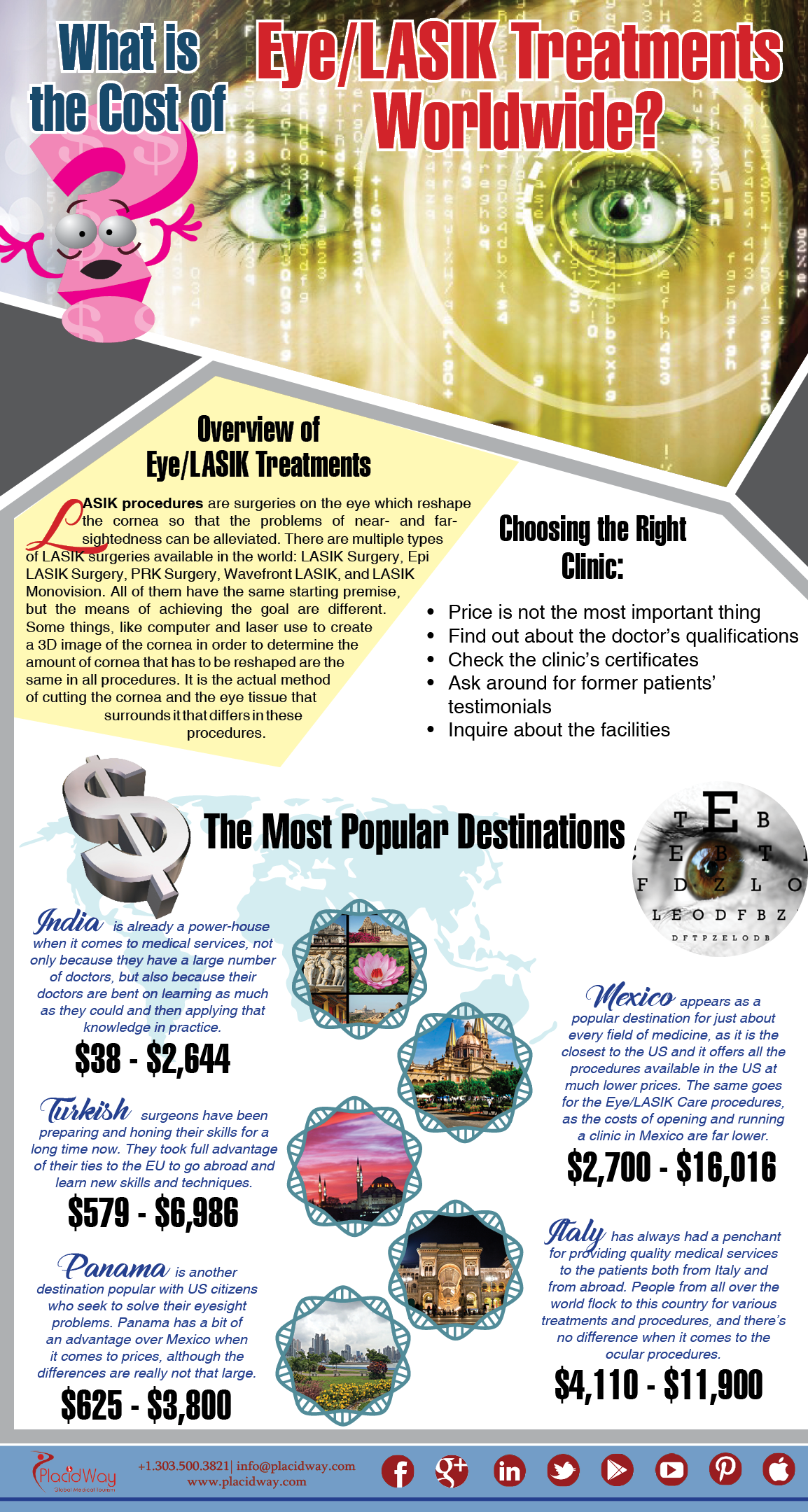A Comprehensive Guide To Refractive Lens Exchange: Information Commonly Ignored By Your Optometrist
A Comprehensive Guide To Refractive Lens Exchange: Information Commonly Ignored By Your Optometrist
Blog Article
Written By-Bennetsen Dunlap
Have you ever took into consideration Refractive Lens Exchange (RLE) as an option for vision adjustment? While it isn't as commonly discussed as LASIK, RLE could be a game-changer for your vision. Many people neglect its advantages, thinking traditional methods are their only choice. Yet what are the real advantages, and what might your ophthalmologist not be informing you about this treatment? Allow's check out the ins and outs of RLE together.
Comprehending Refractive Lens Exchange: The Basics
Refractive lens exchange (RLE) is a surgery that can dramatically boost your vision, particularly if you're handling presbyopia or severe refractive errors.
During RLE, your eye cosmetic surgeon eliminates your eye's natural lens and changes it with a fabricated one customized to your vision needs. This treatment can deal with nearsightedness, farsightedness, and astigmatism, offering you more clear vision without relying on glasses or get in touch with lenses.
The surgery is normally fast, taking less than an hour, and many clients experience marginal discomfort. Healing is relatively quick, enabling you to go back to your daily activities shortly after.
If you're thinking about RLE, talking to your optometrist can help you determine if it's the best choice for you.
Key Differences Between RLE and Traditional Cataract Surgery
While both refractive lens exchange (RLE) and standard cataract surgical treatment involve replacing the eye's all-natural lens, their primary objectives and person accounts differ dramatically.
RLE is aimed at individuals looking for to minimize their reliance on glasses or call lenses due to refractive mistakes, typically before cataracts establish. On https://www.dailymail.co.uk/health/article-7685767/Former-FDA-advisory-urges-agency-BAN-LASIK-eye-surgery.html , traditional cataract surgical treatment typically targets individuals that've created cataracts, which shadow the lens and impair vision.
more information utilized in RLE can give a broader range of vision improvement, while standard cataract surgical treatment typically involves basic monofocal lenses.
Additionally, RLE candidates are frequently younger and in great general health, whereas cataract clients might be older and have other wellness problems.
Choosing the right treatment depends upon your certain vision demands and circumstances.
Prospective Benefits and Considerations of RLE
If you're taking into consideration refractive lens exchange (RLE), you'll find several potential advantages that may enhance your lifestyle.
RLE can offer you with clearer vision, minimizing or eliminating the demand for glasses or call lenses. It offers a chance to attend to presbyopia and other refractive errors simultaneously, frequently boosting your total visual acuity.
Furthermore, RLE can be a fantastic choice if you're not an ideal candidate for LASIK. Nevertheless, it is very important to weigh the factors to consider, like the expense, prospective dangers, and the healing period.
Reviewing your certain needs with your eye doctor can aid you make an educated decision, ensuring you select the most effective course for your vision correction.
Verdict
In conclusion, refractive lens exchange provides a special remedy for vision correction that exceeds what LASIK can provide. It's important to evaluate the benefits against possible dangers and expenses prior to choosing. Don't be reluctant to ask your optometrist the hard inquiries to guarantee you fully comprehend the treatment and its implications for your vision. With the right details, you can confidently pick the best alternative for your eyes and lifestyle.
